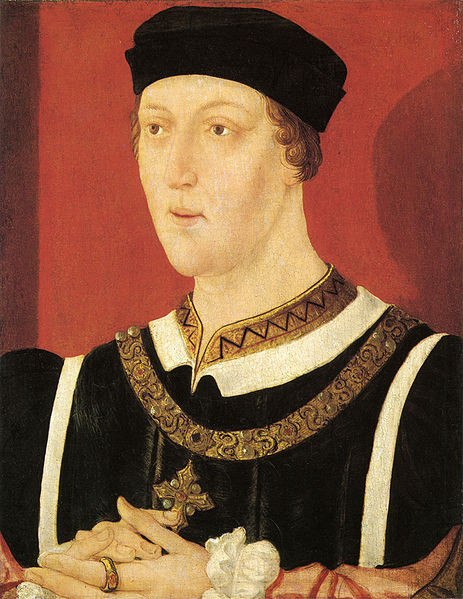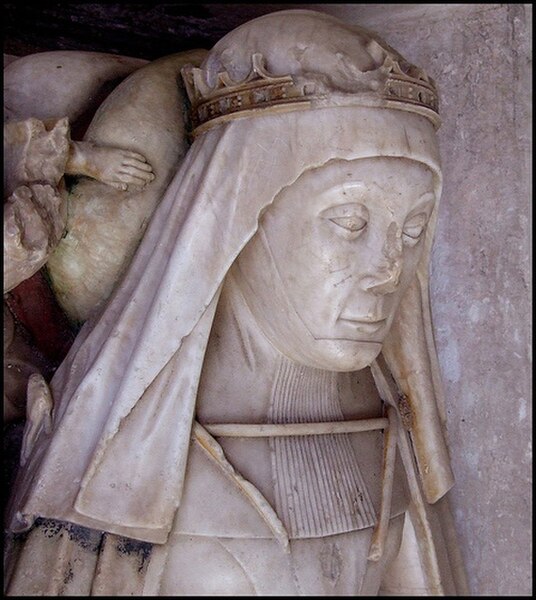The Act of Accord was an Act of the Parliament of England which was passed on 25 October 1460, three weeks after Richard of York had entered the Council Chamber and laid his hand on the empty throne. Under the Act, King Henry VI of England was to retain the crown for life, but York and his heirs were to succeed him, excluding Henry's son, Edward of Westminster. Henry was forced to agree to the Act.
King Henry VI, whose grandfather had deposed the last Plantagenet King, Richard II
His wife, Margaret of Anjou, the eventual figurehead of her husband's government
Richard of York, a descendent of Edward III's and claimant to the English crown
Richard, Earl of Salisbury, longtime associate of York's, leader of the House of Neville and father of the Kingmaker
Richard of York, 3rd Duke of York
Richard of York, 3rd Duke of York, also named Richard Plantagenet, was a leading English magnate and claimant to the throne during the Wars of the Roses. He was a member of the ruling House of Plantagenet by virtue of being a direct male-line descendant of Edmund of Langley, King Edward III's fourth surviving son. However, it was through his mother, Anne Mortimer, a descendant of Edward III's second surviving son, Lionel of Antwerp, that Richard inherited his strongest claim to the throne, as the opposing House of Lancaster was descended from John of Gaunt, Duke of Lancaster, the third surviving son of Edward III. He also inherited vast estates and served in various offices of state in Ireland, France and England, a country he ultimately governed as Lord Protector due to the mental instability of King Henry VI.
Richard of York in the frontispiece of the Talbot Shrewsbury Book, 1445
Victorian depiction of Henry VI (right) sitting while the Dukes of York (left) and Somerset (centre) have an argument
Edward IV, King of England
Elizabeth, Duchess of Suffolk







